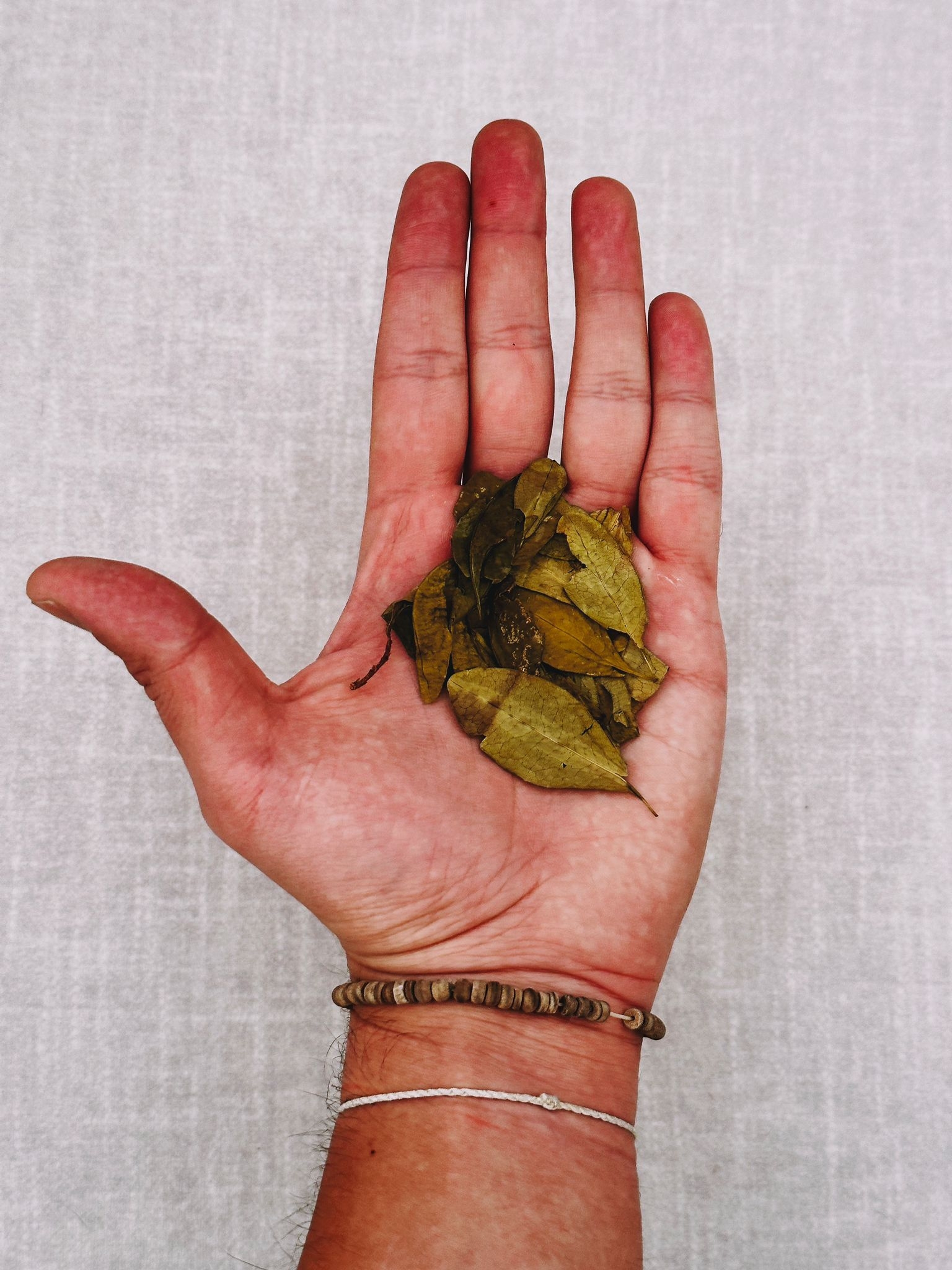Congrautlations to our current student Juan Pablo Caicedo Torres, a 2023 HEAR US AWARDEE!
HEAR US (Honoring, Elevating, and Recapitalizing Underrepresented Stories) is a mentorship program celebrating and advancing student projects that center marginalized voices and stories. In academic year 2022-23, HEAR US continues to embody Tisch’s committments against racial inequality by mentoring and funding students who are dedicated to combating systematic marginalization in the creation and leadership of artistic and scholarly works.
The HEAR US awards are designed to catalyze a long-term cultural shift by providing one-on-one mentorship for any proposal advancing through the first of two rounds of review, and supporting projects at all phases of completion (with grants from $100 - $10,000). Mentors will help project leads finalize their budgets, navigate the presentation process, explore issues of representation, and amplify their voices through counsel and community.
Read below to learn more about Juan Pa's project!
"Coca, the Powers of a Sacred Plant"
For ages, the coca plant has been central to Indigenous People's cosmology. It has served as food and medicine in the Andes and the Amazon, providing the necessary nutrients and vitamins for strength and concentration during long hours of work, conversations, and ceremonies. The prohibition of the coca plant dates back to the Spanish colonization of South America, when it was first considered as an "evil plant", and it remains forbidden by the 1961 United Nations convention on drugs and narcotics because it is used as the base ingredient to produce cocaine.
Coca: the powers of a sacred plant is an interdisciplinary and collaborative creative research project aiming to reframe the coca plant as a sacred, medicinal and nutritional plant central to the life and culture of Amazonian and Andean indigenous peoples, instead of a stigmatized plant used to produce cocaine. This project will be a platform to present multiple voices from artists, activists, indigenous leaders, researchers, and policymakers into an open dialogue aiming to rethink the use of the coca plant. The expected outcome is an exhibition and educational public program joining artists and researchers on the coca plant and its uses, stories, symbolism, traditional classification, nutritional value and spiritual aspects.
This project will invite the public to acknowledge the coca plant as an instrument for well-being, spiritual connection, food sovereignty, ecological sustainability, health and peacemaking. This process seeks to actively imagine how the relationship with the coca plant can be reframed from prohibition to an opportunity for thinking of the relevance of indigenous knowledge to transform the present. The central purpose is the de-stigmatization of plants, through the telling of different stories about the coca plant, and thinking of plants as tools for both indigenous and non-indigenous people to promote social justice and transformation.
"Coca, the Powers of a Sacred Plant " is a project in collaboration with the Colombian Studies Group and other artists and indigenous leaders.
